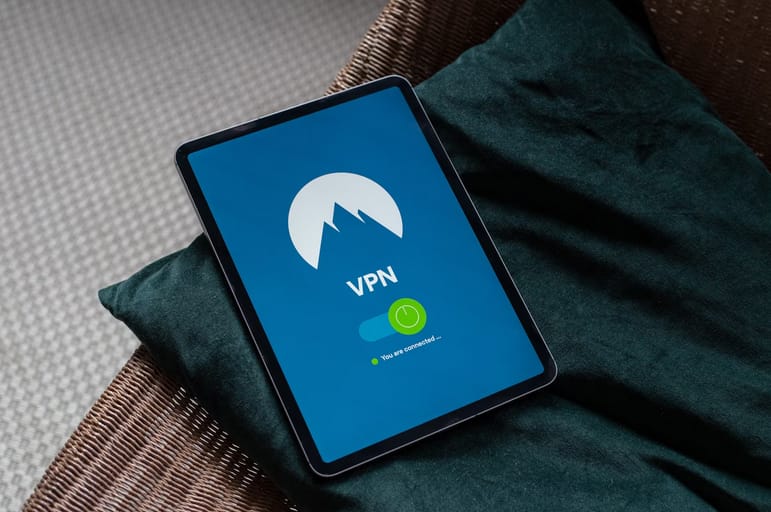In the rapidly evolving landscape of digital technology, the symbiotic relationship between Virtual Private Networks (VPNs) and cloud computing has become a cornerstone for ensuring robust security measures in the digital cloud. This article delves into the dynamic interplay between a vpn and cloud computing, showcasing how this partnership enhances security and safeguards sensitive data in the expansive digital realm.
The Cloud Revolution: Transforming Digital Landscapes

Cloud computing has revolutionized the way businesses and individuals store, access, and manage data. The ability to seamlessly store and retrieve information from remote servers offers unparalleled flexibility and efficiency. However, this convenience comes with its own set of security considerations, making the integration of VPNs a strategic imperative.
Securing Data Transmission: VPNs as Digital Protectors
One of the key challenges in cloud computing is the secure transmission of data between users and the cloud servers. VPNs act as digital sentinels, encrypting the data transferred between devices and the cloud. This encryption ensures that even if intercepted, the data remains unintelligible to unauthorized entities, providing a secure conduit for information flow.
Protecting Against Cyber Threats: VPNs as Cyber Guardians

The digital landscape is rife with cyber threats ranging from malicious attacks to data breaches. VPNs play a pivotal role in fortifying cloud computing against these threats. By creating a secure tunnel for data traffic, VPNs act as cyber guardians, preventing unauthorized access and thwarting potential cyber adversaries attempting to exploit vulnerabilities in the cloud infrastructure.
Bypassing Geographical Restrictions: Facilitating Global Cloud Connectivity
Cloud computing often involves accessing resources located in various geographic locations. However, certain restrictions may hinder seamless connectivity. VPNs enable users to bypass these geographical constraints, providing a virtual presence in different regions. This not only enhances accessibility but also fosters a more interconnected and globally accessible digital cloud.
Balancing Privacy and Collaboration: VPNs in Multi-Cloud Environments

Many businesses utilize multi-cloud environments, leveraging the strengths of different cloud service providers. VPNs play a crucial role in maintaining a delicate balance between privacy and collaboration in these complex setups. They provide a unified and secure network, enabling seamless communication and collaboration across diverse cloud platforms. As technology advances, so too do the strategies employed by cyber threats. The future of secure cloud computing lies in the continued evolution of VPN technologies. This includes innovations in encryption protocols, adaptive security measures, and increased integration with emerging technologies to fortify the cloud against ever-changing cyber threats.
The collaboration between VPNs and cloud computing creates a robust and secure digital environment where the potential of the cloud can be fully realized without compromising data integrity and user privacy. As businesses and individuals continue to embrace the benefits of cloud computing, the integration of VPNs stands as a testament to the commitment to a secure, interconnected, and resilient digital future. With VPNs as the guardians of the digital cloud, users can confidently navigate the vast expanse of the online world while ensuring the confidentiality and security of their digital assets.

